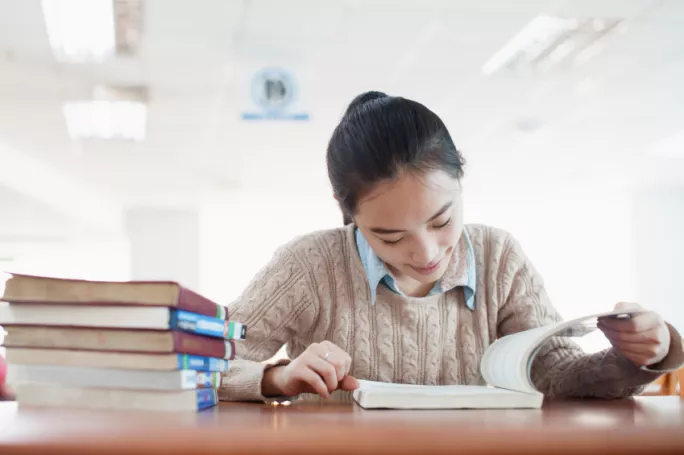Shanghai Maths is the talk of UK teachers
If you believe the findings of the Programme for International Student Assessment (Pisa), maths teachers in the UK could learn a lot from their counterparts in Shanghai. Yet teachers who joined recent delegations to the Chinese city suggest that pedagogical lessons can be learned in the opposite direction, too.
Two groups of government ministers, school leaders and teachers have travelled to Shanghai over the past 12 months to see how the city achieved such outstanding results in Pisa 2012 - coming top in maths compared with the UK’s 26th place.??
“It was an amazing opportunity,” says Richard Russell, assistant headteacher at London Fields Primary School in Hackney. “It was really fascinating to get a sense of maths teaching in such a different culture and where teachers’ subject knowledge is so high.”
The difference, according to Rachel Burton, a Year 4 teacher (of children aged 8-9) from Witham St Hughs Academy in Lincoln, boils down to how teachers are able to use their time.
??“I would say that teachers in the UK are better teachers - they have a larger repertoire of strategies for engaging and teaching children at a range of suitable levels. But in China the teacher’s time is used more efficiently,” she explains. “Chinese teachers have more time in the day to target-teach particular groups of children as they only teach two-three lessons a day. Therefore, it is the Chinese infrastructure which [enables the] raising of standards and maximising of progress.”??
Justin Dodd, a specialist leader of education from the Ashford Teaching Alliance, agrees that the structural elements of the teaching process are key to Shanghai’s success.
“One of the main differences we saw was the amount of professional discussion among the maths teachers,” he says. “They spent time planning together - like many other teachers, I do it at home on my own - but they [also] had a daily, informal catch-up where they planned and discussed each maths topic. There was time for some mentoring of newly qualified staff, too.??
“The reduced [lesson] time they had with the children was also a great benefit. One teacher may teach two classes, both of around 40 children each day and after there is time to mark, to do a brief tutorial with a child who’s not understood. None of them get left behind.”
??Indeed, Russell recalls that, in the schools he visited, teachers were “confused” about the concept of children falling behind, although he added that he felt their understanding of differing learning styles was more limited than UK teachers.
?Both Burton and Russell have brought back ideas to implement in their own schools.
“The Chinese education system is based on the specialist teaching model, so only maths specialists would teach maths,” Burton says. “We are currently looking into this in my school.”
Russell adds that the one big thing he took from the trip was that primary and secondary maths experts should be working together on “a far more coherent, consistent and regular basis”. At a more logistical level, his school has introduced the concept of a “pre-lesson”.
??“While assembly is going on, we spend 20 minutes with some of the children who find maths more difficult and go through with them what the lesson will cover, so they have a head start and feel more confident,” he explains. “Teachers in one year group are also being given the opportunity, for a short period in an afternoon, to work with any children who struggled in the morning lesson.”
Despite these useful innovations, Dodd says that it shouldn’t be assumed that the knowledge exchange is only going from East to West.
“They’re learning from us, too - our creativity, our ways of engaging,” he says. “In primary level, aged 6-8, the children are taught only Chinese, English, maths and science. That’s it. We saw little Assessment for Learning, little ICT [information communications technology], no group work or engagement or creativity or plenaries, no dance or drama or art.??
“Teachers from China want to know how we work to engage children.”
This week on TES Connect, it is TES Maths Week. Find out what’s been going on so far and what’s coming up at www.tesconnect.com/mathsweek
Keep reading for just £1 per month
You've reached your limit of free articles this month. Subscribe for £1 per month for three months and get:
- Unlimited access to all Tes magazine content
- Exclusive subscriber-only stories
- Award-winning email newsletters




